This is one of 4545 IT projects that we have successfully completed with our customers.How can we support you?

PTA / IT project database / Projekt ID: 2993
Further development of MaBiS processes (market rules for electricity accounting grid settlement)
Project duration: 3 years, 7 months
Brief description
Analysis and further development of the MaBiS (market rules for electricity accounting grid settlement) processes in the master data systems, using an energy data management (EDM) system from Robotron (robotron*eSales) that is already in use. The customer, in its role as supplier and party responsible for the accounting grid, is obliged to comply with the market rules for electricity accounting grid settlement and has to ensure automatic communication with the market participants.
Supplement
The MaBiS business processes are mainly implemented in the existing master data application (three-layer SO architecture). Total time series (MSCONS) received from market participants via electronic EDIFACT data exchange are stored as an aggregated total. An automatic check routine compares this quantity with the total aggregated on the basis of load profile data in the EDM system. A .NET routine calls a DB procedure (TSQL) to read the comparison total from the EDM's Oracle database via a connection server, and to save this total in the SQL server database. The quantities are compared, within tolerance limits, and the time series is evaluated as "accepted" or "rejected." A replay (IFTSTA) is then automatically sent to the market participant: 29 working days after the start of accounting, the accepted time series with the highest version number is automatically transferred to EDM for accounting for each settlement point and time series type (LGS/SLS).
Subject description
In each of the four German control areas, there has to be a guaranteed balancing between feed-in and extraction. To achieve this, accounting grid settlement takes place each month. To make this process more transparent for the market participants, the BNetzA introduced MaBiS on April 1, 2011. In the role of the party responsible for the accounting grid (known as the BKV), the customer bears economic responsibility for deviations between the feed-in and extraction. Using the GPKE, the quantities in a distribution network that need to be balanced have to be correctly reported to and registered with the transmission provider, so that it can forward the quantity to the relevant BKV. If there are any discrepancies in the quantity allocation for a distribution network, the BKV can trigger a clearing process. If the network operator does not submit the correct accounting grid totals on time, the transmission provider has to wait for the BKV approval before using the quantity in the settlement total.
Overview
- Branchen energy
- Fachaufgaben accounting grid management, energy data management, energy supply, network access, power trading, time series management
- DV-Aufgaben customised software further development
- Systemumgebungen Client/Server, standard software: industry systems
- Vorgehensmodell customer standard
- Datenbanken MS SQL Server, Oracle Database
- Entwicklungs- und Testtool MS Team Foundation Server TFS, MS Visual Studio, SQuirreL SQL Client,
- Betriebssysteme Windows 2003, Windows Vista
- Standardsoftware und BI robotron*esales/ecount
Project period09.08.2011 - 28.02.2015
Have we sparked your interest?

Contact
PTA GmbH Head Office
Weberstraße 2-4
D-68165 Mannheim
© Copyright 2024 PTA GmbH | All rights reserved | Imprint | Privacy | Legal notice | Values & Code of Conduct
